How San Francisco’s free community college is changing views on public education
May 5, 2017
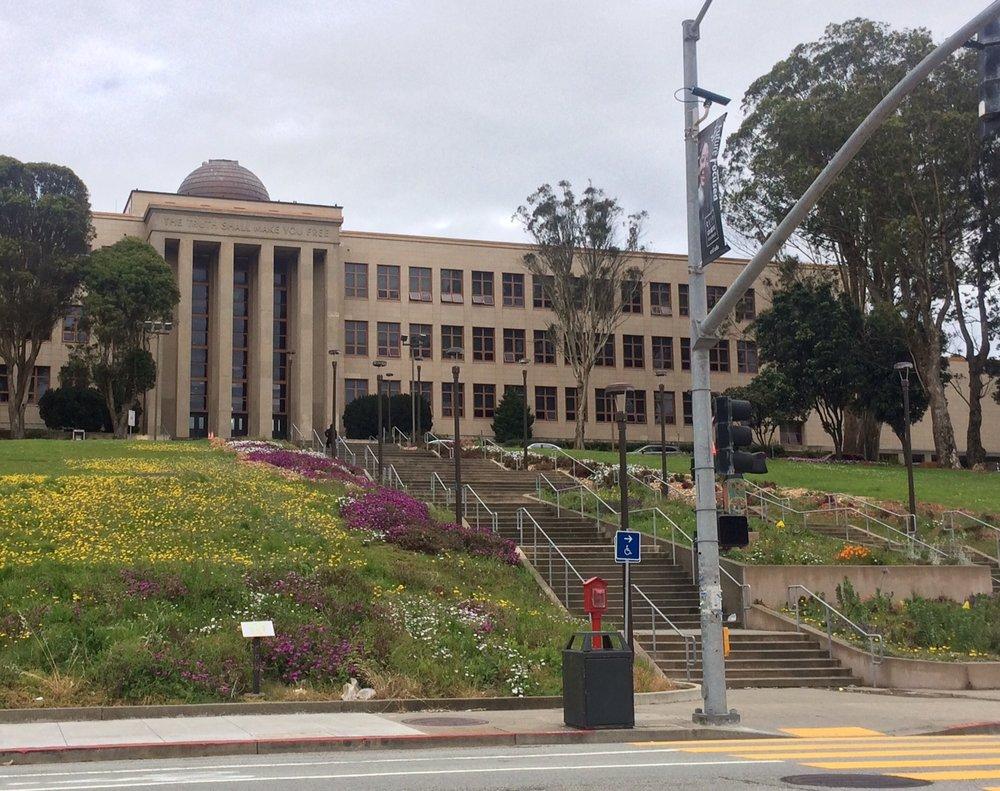 The City College of San Francisco is offering free tuition in the fall of 2017 following the five-year accreditation crisis.
The City College of San Francisco is offering free tuition in the fall of 2017 following the five-year accreditation crisis.
In the fall of 2017, San Francisco will be the first city in the country to offer free community college to all of its residents.
Unlike New York Governor Andrew Cuomo’s proposal, which would offer free tuition at all public universities in the state with the help of income taxes, City College of San Francisco is free regardless of income. The plan relies on Proposition W, which taxes properties that sell for $5 million or more. The new funds are coming from the top tiers of San Franciscan economic classes and offer free education “even to the children of the founders of Facebook,” according to City Supervisor Jane Kim.
CCSF is not exactly free; students still have to pay a mandatory $17 fee each semester. The alternative, however, is an average public college tuition of $9,650 for state residents and $24,930 for out-of-state students. San Francisco Mayor Ed Lee’s historic college tuition plan follows the declining reputation of CCSF. $2.1 million of funds raised by Prop W will allow for 45 thousand credits to be free of cost to students living in San Francisco. An additional $3.3 million goes towards $500 awards for low-income students to pay for books, transportation, supplies, and health fees.
The groundbreaking announcement follows CCSF’s accreditation crisis, in which the school struggled to keep its doors open amidst accusations by a private commission that the school had become negligent in fiscal management and governance. City officials announced the end of the years-long accreditation nightmare in January of this year, but the school has not emerged unscathed. During the intense sanction of the school, CCSF saw a steep drop in enrollment, shedding 30,000 full and part-time students and costing the school millions.
For students like senior Jazmine Williams, CCSF’s enticing urban atmosphere, knowledgeable teachers, and diverse student body have far outweighed the college’s past struggles. Last year, the school rose to the top of her prospective college list.
“Free tuition is a huge plus,” said senior Jazmine Williams, who has had her eye on the metropolitan community college for the past year. “I heard a rumor about it last year, but I didn’t know it was going to go into effect so soon.”
Some seniors have shared an appreciation for CCSF despite its recently declining enrollment. Seniors Dejanay Briseno and Alana Hroziencik commended Lee for putting more emphasis on public education in San Francisco, and hope that the trend continues elsewhere in California.
Briseno said that while the commute can be a bit too troublesome for Burlingame students, the free tuition plan helps students look beyond the setbacks, citing relatives who have attended the school. Hroziencik built on this sentiment, adding that the school’s lack of prestige does not make it popular in suburban high schools, but that it has established itself as a “solid backup” in the Bay Area and a large step in closing the income inequality gap.
“I applied, and while it’s not my own first choice, It’s bringing a lot of opportunities to kids who otherwise wouldn’t have any other option,” Hroziencik said.
Once in 1989, San Francisco classified as a “low inequality, low poverty” region according to the Washington D.C. Public Reference Bureau. This year, Solano County is the only Bay Area county that has not attained the “high inequality” title. CCSF’s impact on the income inequality gap has yet to be seen, but it may help build and maintain the middle class according to Mayor Lee. This change in public education funding may bring about change across the country.
Now that New York is following through with their own free tuition plans and the governor of Rhode Island is looking into similar reforms, San Francisco is the first of a potential nationwide shift in educational priorities.
There has not been an overwhelming interest in CCSF despite its historic changes.
“It’s great that [San Francisco] is doing that, but there hasn’t been a lot of interest here mainly because of convenience and some stigma about community colleges in general,” college counselor Jonathan Dhyne said.
The unglamorous community college name isn’t always appealing to six-figure income families in the Bay Area, but seniors at BHS are taking all options into consideration.
“There’s definitely a lot of stigma surrounding community colleges, but it’s possible to get everything you want from one,” says Williams who is looking forward to participating in CCSF’s choir program. She maintains that even though CCSF is not a traditional pursuit for Burlingame seniors “the stigma doesn’t matter there.”
Williams is one of many students around the Bay Area who is looking to usher in a new era for the school this fall.



![WASC looks for more than the basic California State standards. According to chairperson Mike Woo, “As new rules and new concerns come up through society, [WASC] look[s] is the school doing something about that. Like the biggest trend post-COVID is mental wellness. So is your school doing something to address the mental health of the students? Along with are they still doing the proper academics?”](https://theburlingameb.org/wp-content/uploads/2024/03/IMG_3401-1200x1200.png)
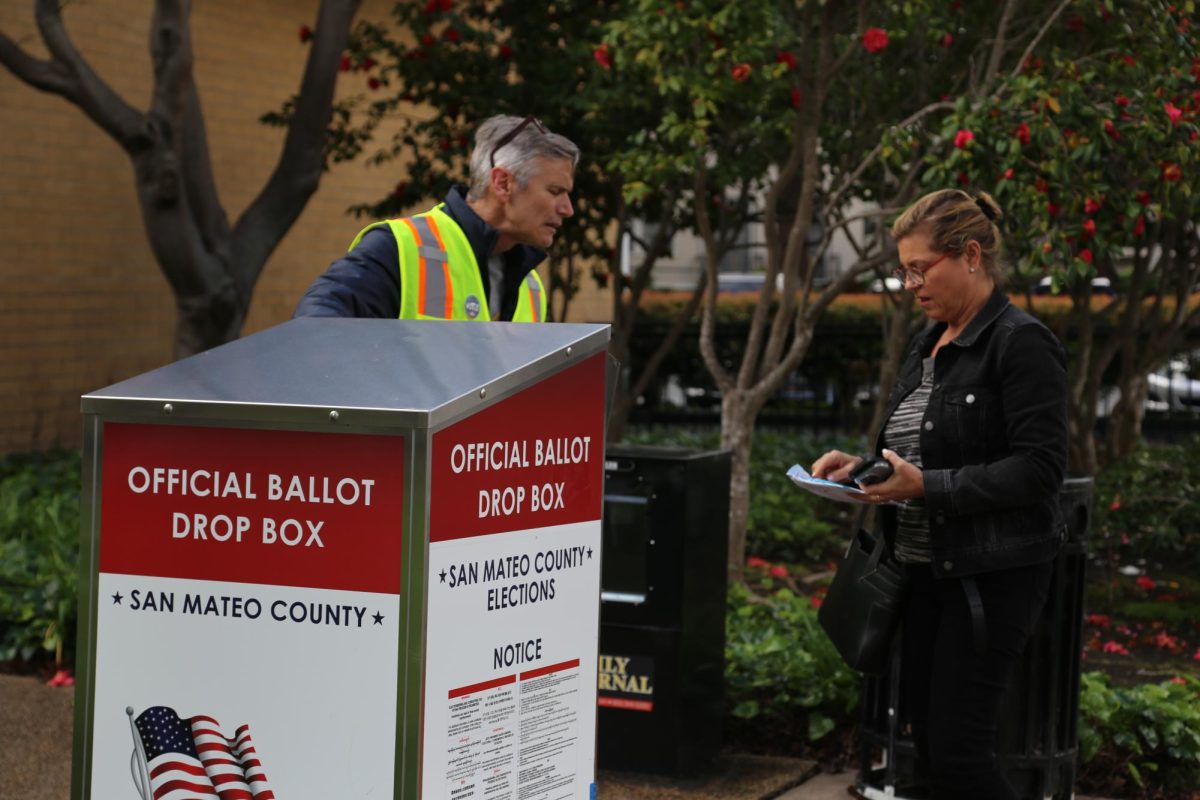


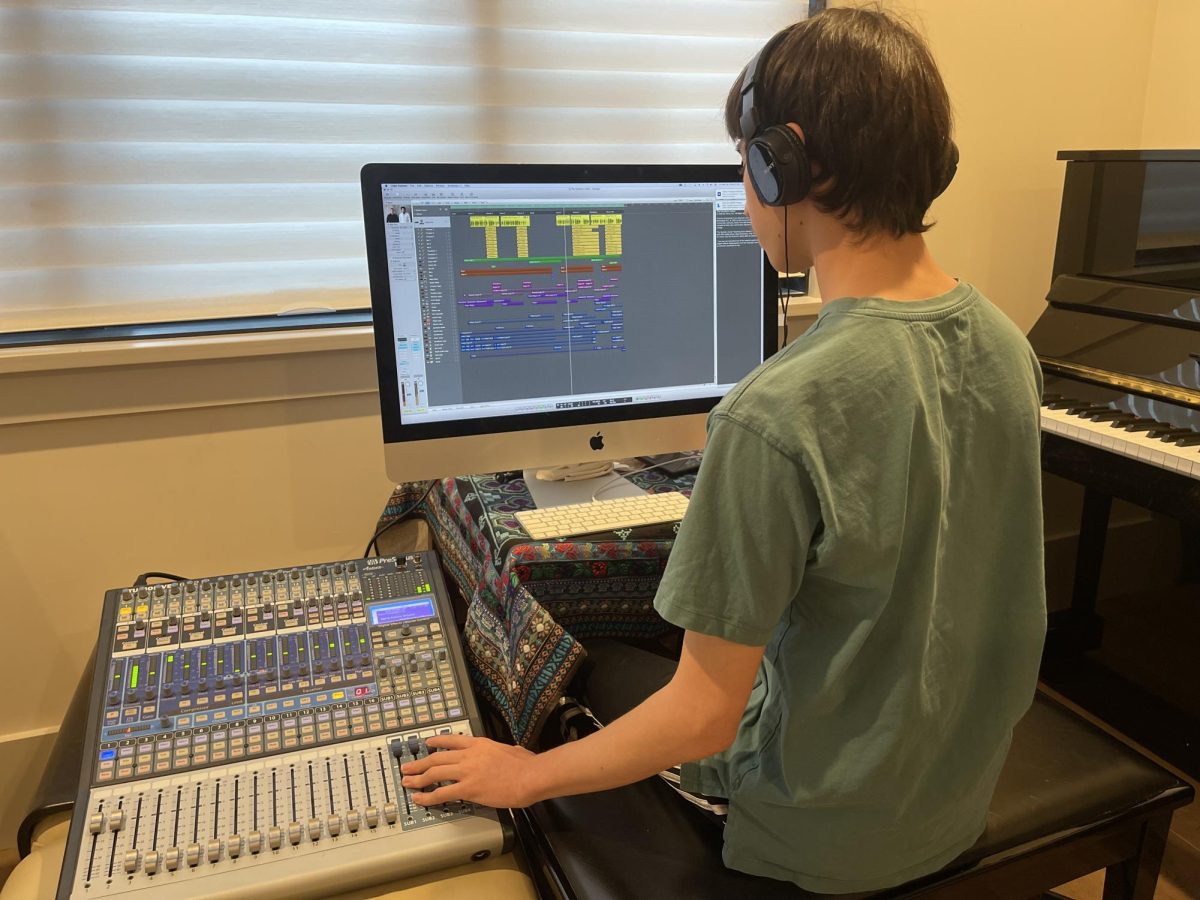



















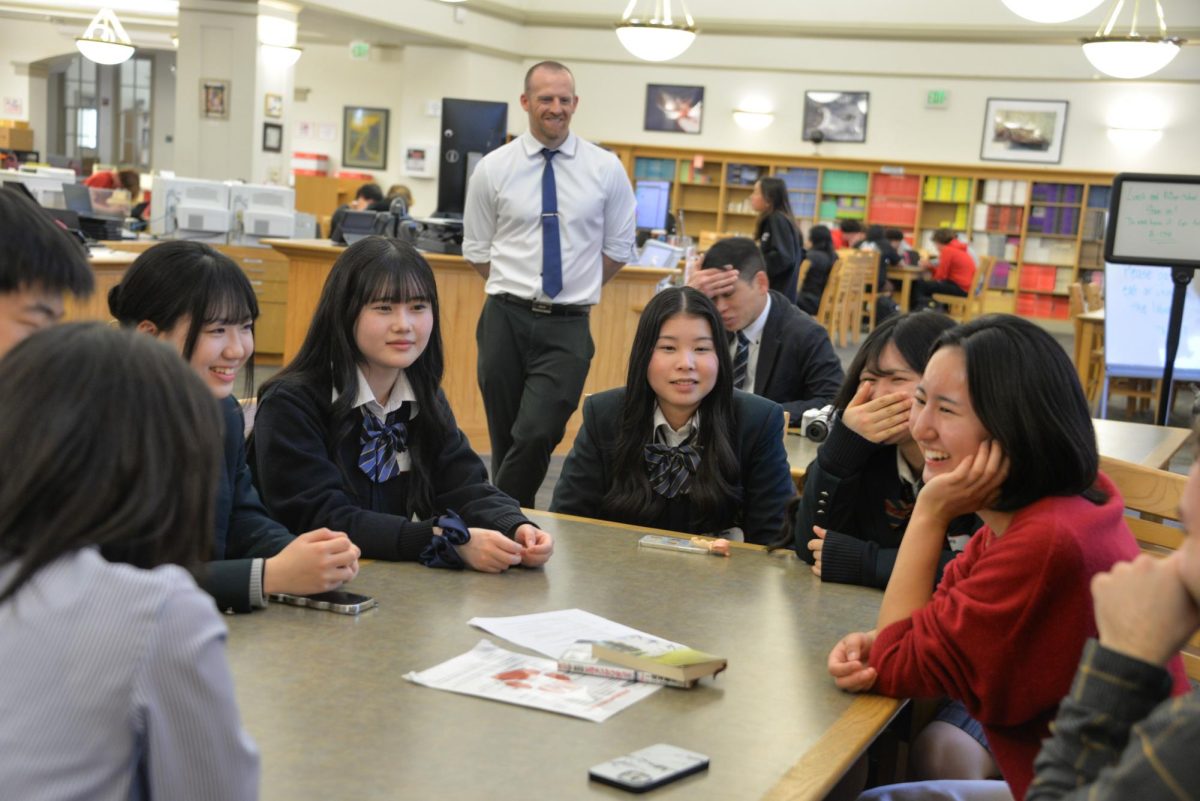
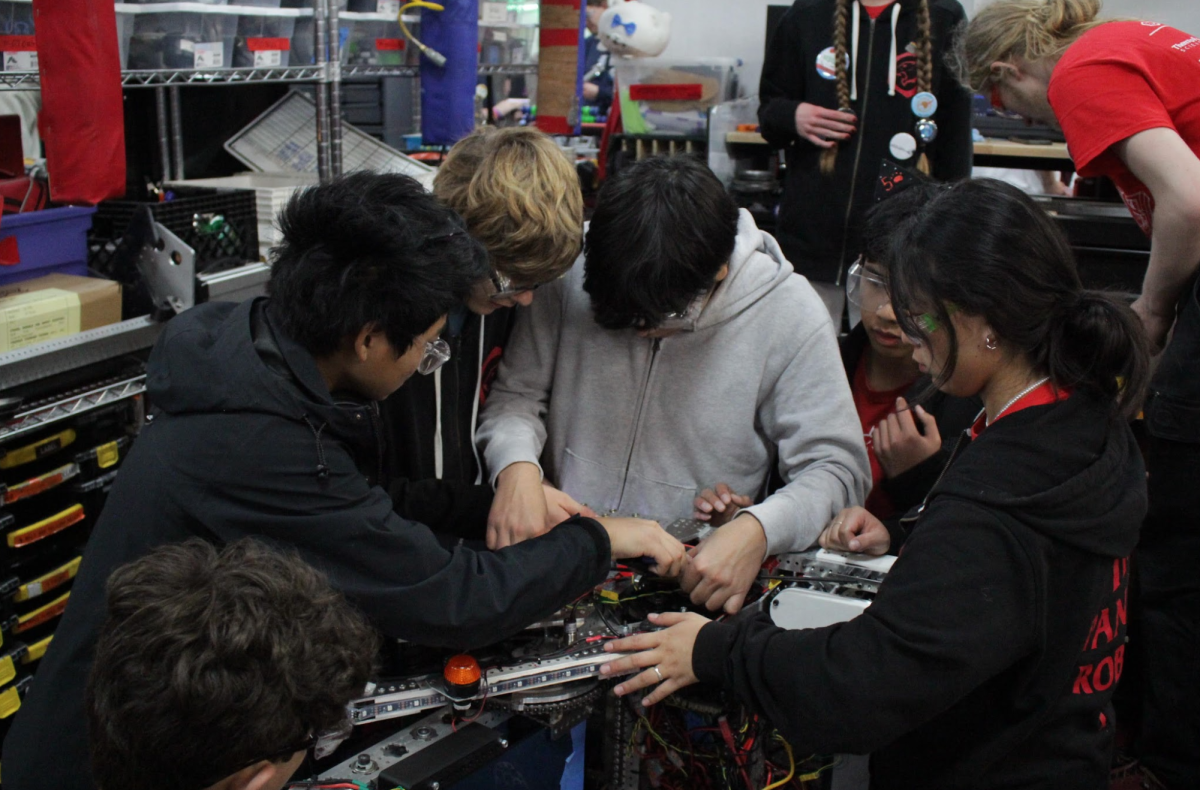
![“For me personally, I want [others] to see the music program as a strong union because we can really bring out the life of our school,” Vega said. “We need music, you know? Otherwise, things would be really silent and dead.”](https://theburlingameb.org/wp-content/uploads/2024/03/unnamed-1200x801.jpeg)







